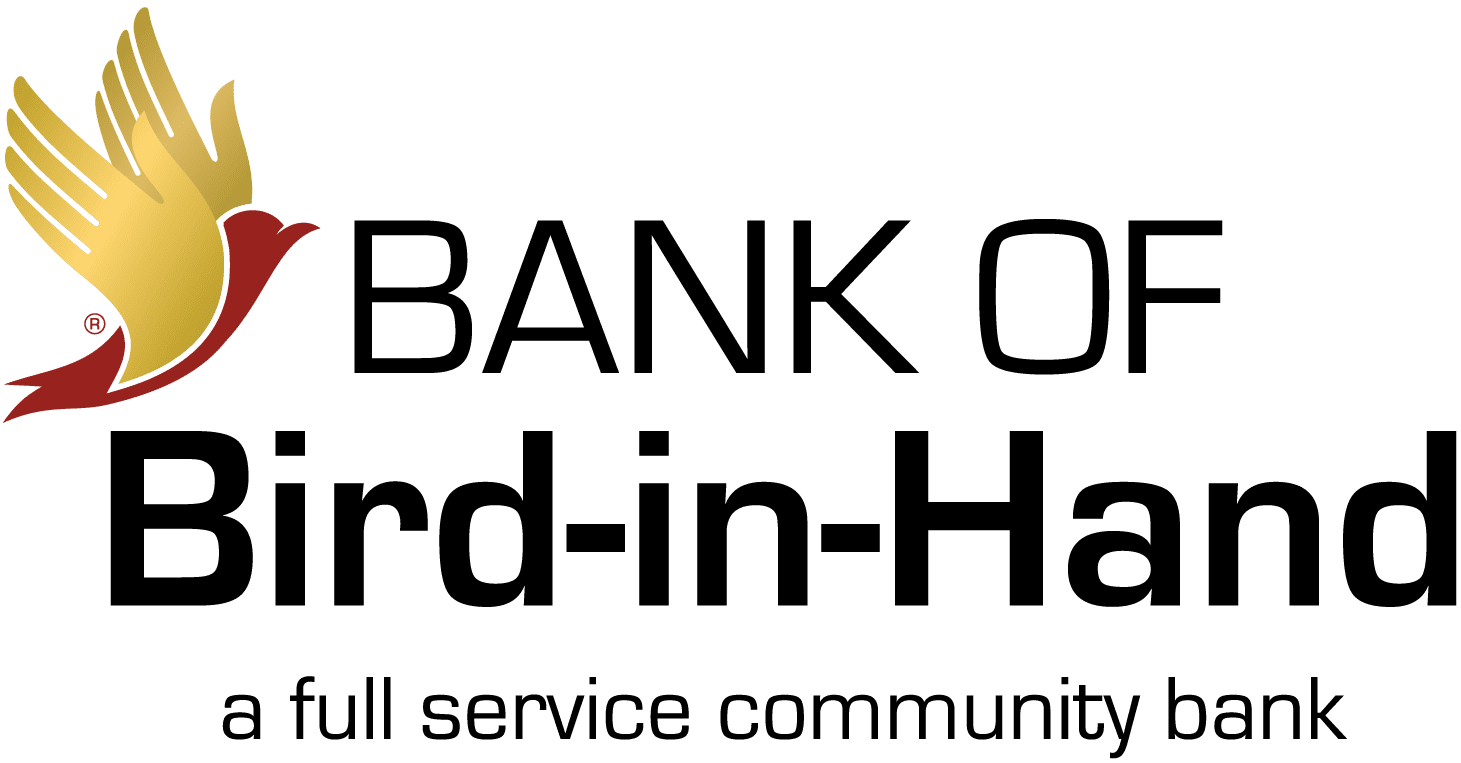11/05/2025
Financial Literacy Education: What It Is & Why It’s Important

Having the ability to understand and effectively use financial skills to make informed decisions and manage your money is important for everyone to have a secure future. Continue reading to learn more about the value of financial literacy education and how you can use it to navigate the complexities of personal finance, from day-to-day spending to long-term wealth building.
What Is Financial Literacy Education?
Education and financial literacy are the crucial starting points for building a healthy relationship with money. It’s the foundation of a lifelong journey in managing your finances, and understanding the fundamentals of money management, budgeting, saving, and investing can lead to a more successful and less stressful life.
Without this knowledge, you are more vulnerable to financial disaster. A lack of financial literacy education increases the risk of accumulating unsustainable debt from poor spending habits or a lack of long-term planning, which can lead to bad credit, bankruptcy, or even foreclosure. Furthermore, being financially literate can also protect you from falling victim to financial fraud.
Foundations of Financial Literacy Education
As we mentioned before, being financially literate means you are in control of your financial well-being, which reduces stress and protects you from potential pitfalls like debt, fraud, and poor credit.
By mastering the core principles of financial literacy, you can create a roadmap to achieve your financial goals and build a more stable and prosperous life.
- Earn. Before you can manage your money, you first have to bring it in. This typically means earning an income from a career. A key part of financial stability is understanding your various sources of income and how to maximize them.
- Spend. To make smart financial decisions that help you reach your goals, you need to create and follow a spending plan. This helps you avoid taking on unnecessary debt and ensures that your spending aligns with what you want to achieve.
- Save and Invest. It’s essential to save a portion of your income. You can use these savings for short-term goals or as a financial safety net for unexpected emergencies. You should also invest a portion of your income to work toward long-term goals. To do this successfully, you need to understand risk, interest, and investment returns.
- Protect. A big part of financial health is knowing how to protect yourself and your assets from potential losses. This includes having the right insurance, preventing identity theft, and avoiding financial fraud.
- Borrow. Borrowing money can be a useful tool, but it’s important to do it responsibly. This means understanding loan terms and making smart decisions about when to borrow, how much to borrow, and for how long.

7 Benefits of Financial Literacy Education
The benefits of education and financial literacy extend far beyond personal finances, leading to greater confidence, reduced financial stress, and a more secure future. It also plays a key role in building stronger communities and promoting economic equality for everyone.
- Everyday Decision-Making
Financial literacy is essential for managing your daily expenses, creating an effective budget, and avoiding common debt traps. When you understand concepts like interest rates, credit scores, and different budgeting methods, you can make smarter financial decisions that help you achieve your goals.
- Long-Term Planning
Planning for the long term, whether you’re saving for retirement or investing for future goals, requires a strong foundation in financial literacy education. Knowing how to set achievable financial goals, build a diverse investment portfolio, and manage risks is key to securing your financial future.
- Debt Management
In today’s world, debt is a common part of life, whether it’s from credit cards, student loans, or a mortgage. Financial literacy education programs give you the tools to manage that debt responsibly, avoid borrowing more than you can handle, and create a clear path toward becoming debt-free.
- Entrepreneurship and Innovation
For anyone who wants to start their own business, financial literacy is non-negotiable. Understanding concepts like cash flow, funding options, and financial management is critical for launching a business and keeping it successful over the long run.
- Empowerment and Independence
Financial literacy education programs empower you to take control of your money and become less dependent on others. Whether you’re negotiating a salary, managing your investments, or planning for a major life event, having these skills helps you build independence and self-reliance.
- Education and Awareness
Promoting financial literacy helps build a culture where people are more aware and educated about financial matters. By offering resources, workshops, and financial literacy education programs, communities can give everyone the tools they need to make smart financial decisions throughout their lives.
- Social Equality and Inclusion
When everyone has access to financial literacy education and resources, it helps reduce wealth disparities and promotes economic mobility. Ensuring that all people have the opportunity to develop these skills can empower marginalized communities and create a more inclusive and equal society.

Financial Literacy Education Programs
Financial literacy education programs are designed to equip individuals with the knowledge and skills needed to make sound financial decisions throughout their lives. These programs, which are offered by schools, community organizations, and workplaces, cover a range of topics from basic budgeting to complex investment strategies.
By providing practical, real-world instruction, they empower people to take control of their financial future, avoid common pitfalls like excessive debt, and build a foundation for long-term stability and wealth. These initiatives are crucial for fostering economic well-being and promoting a more financially secure society.
You can choose different financial literacy education programs depending on your needs. Typically, these programs will cover the basics of financial literacy, including the key components we mentioned above and the following topics.
Bank Accounts
A personal bank account gives you a secure place to deposit paychecks, save money, and pay bills. Depending on how you plan to use your cash—whether you need daily access, are saving for an emergency, or want to grow your money over time—there are different types of accounts to consider, such as checking accounts, savings accounts, and money market accounts.
Budgeting
A budget is a plan that tracks your income and expenses. It shows you exactly how much money you have coming in and where it goes. By creating a budget and sticking to it, you can identify areas to cut costs and save more, helping you reach your financial goals faster.
Emergency Savings
Life is full of unexpected events, and an emergency fund provides a financial cushion for those times. Whether it’s a job loss, an unexpected medical bill, or a major car or home repair, having dedicated savings can give you peace of mind and help you stay prepared for what you can’t predict.
Credit and Debt Management
Credit cards are a powerful financial tool when used responsibly, but they are also a form of debt. If you carry a balance and don’t pay it off each month, the interest charges can add up quickly.
Other forms of debt, like a mortgage or student loan, have their own specific rules and payment schedules. Regularly checking your credit report is a great way to monitor your financial health and keep your debt under control.
Insurance
Insurance is designed to protect you, your family, and your most important assets from potential financial loss due to an accident, illness, or even death. There are different types of insurance to consider based on your needs, including life, disability, health, home, and auto insurance.
Investments and Retirement Accounts
To truly grow your savings over the long term, it helps to understand how investments work. Learning about things like stocks, bonds, and mutual funds can help you build wealth.
It’s also important to understand the rules for retirement accounts, like an IRA or 401(k), so you can secure your financial future after you stop working.

Education and Financial Literacy Tools
Bank of Bird-in-Hand is proud to partner with Banzai, an online financial literacy education program. Through this partnership, we provide free access to a variety of in-depth lessons and interactive courses on key financial topics.
This resource is available to students, parents, and educators in our community to help them build a strong foundation in personal finance. Below, we’ve listed some of the education and financial literacy tools you can use.
Classroom Resources
Our free online resources, which include interactive classroom materials and professional presentations, can help you teach students of all ages how to manage their money.
Parent Resources
Teach your children about money management and self-reliance from home with these free online products and services.
Individual & Business Resources
Explore our digital banking tutorials, which provide step-by-step guides on a variety of financial processes for both individuals and businesses.
Cash Management Tools
Learn how our secure and efficient cash management tools can help your business handle cash flow and other financial transactions.
- Positive Pay
- Automated Clearing House (ACH)
- Remote Deposit Capture
- Online Wire Transfers
- Insured Cash Sweep
- Merchant Processing
Interested in learning more? Get in touch with a community banker to start your journey toward financial freedom today.
Related Blogs
07/10/2025
Everything You Need to Know About Agricultural & Commercial Loans
02/13/2025
IRS Warns About Text & Email Scams
02/13/2025
Spot and Prevent Scam Calls & Texts
10/01/2025
Local Impact, Personal Touch: 4 Community Banking Benefits
